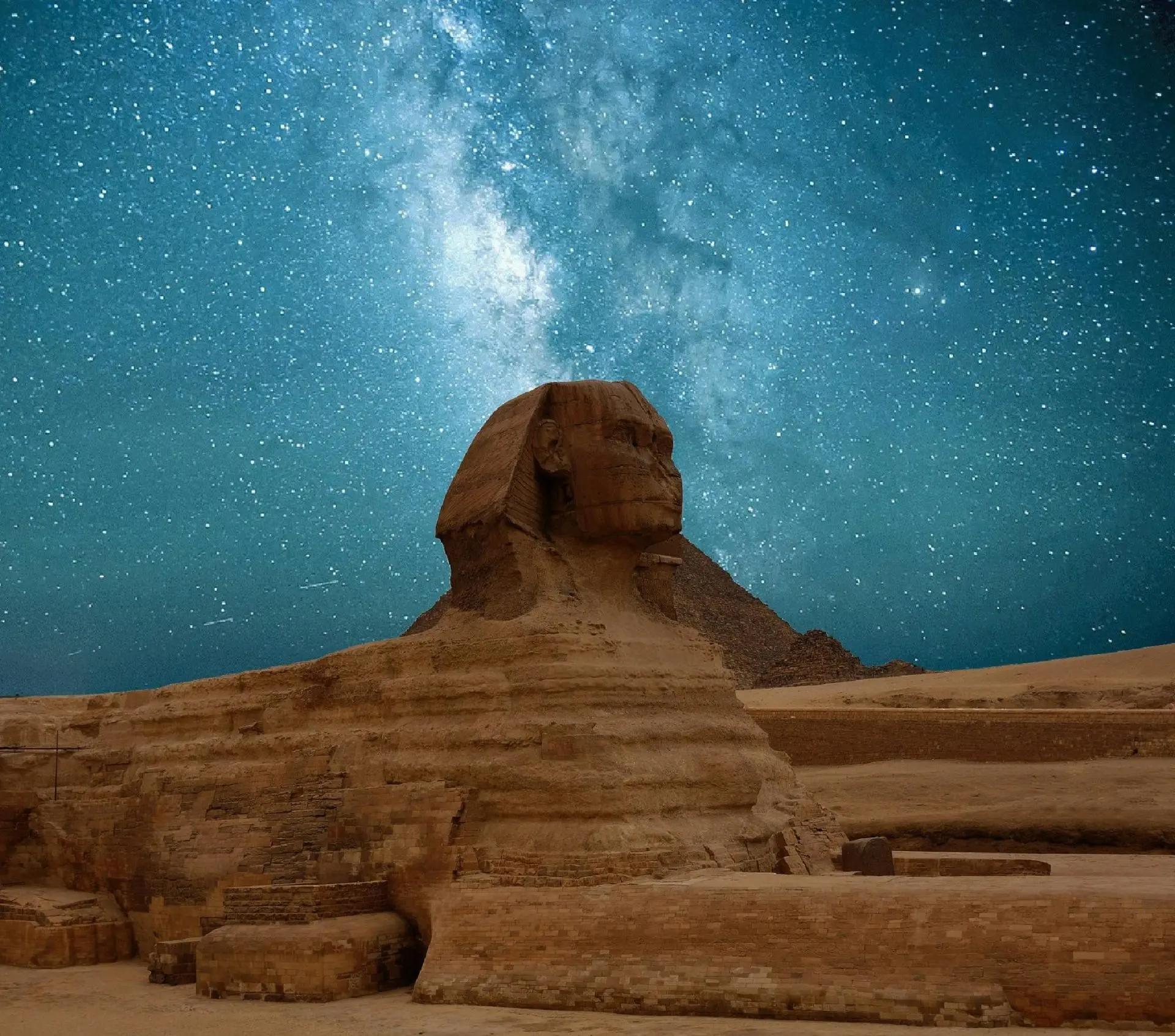Importance of Creativity in Education

Looking for more amazing products? Check out our online store and explore our collection here! Happy shopping!
Before diving in, please note: This post is for informational purposes only. If you’d like to know more about how we approach topics, feel free to check out our friendly Disclaimer Page.
Hey there, amazing readers! 
We’re committed to delivering quality posts, and your support (even just sticking around despite the ads) means everything to us. So, bear with us, and thanks for helping us keep the good vibes rolling. Now, on to the fun stuff!
TRANSLATE BUTTON AT THE END OF THE ARTICLE
Importance of Creativity in Education
Creativity plays a crucial role in education by fostering critical thinking skills, encouraging innovation, promoting collaboration, and preparing students for the future workforce.
It goes beyond traditional learning methods to provide engaging and memorable experiences that enhance students’ ability to problem-solve and think outside the box.
This article will delve into the various aspects of creativity in education and why it is essential for students’ development.
Enhancing Critical Thinking Skills
Creativity in education enhances critical thinking skills by challenging students to think divergently and come up with unique solutions to problems.
It encourages them to explore different perspectives, analyze information, and make connections between seemingly unrelated concepts.
By engaging in creative activities, students learn to think critically, evaluate situations, and make informed decisions.
This skill is invaluable in today’s fast-paced world, where the ability to think critically is highly sought after.
Fostering Innovation and Problem-Solving
Creativity fosters innovation and problem-solving by encouraging students to think outside the box and come up with innovative solutions to real-world challenges.
Through creative projects and activities, students learn to identify problems, brainstorm ideas, and experiment with different approaches to find the best solution.
This process not only enhances their problem-solving skills but also instills a sense of creativity that can be applied in various aspects of their lives.
Encouraging Self-Expression
Creativity in education encourages self-expression by providing students with a platform to express their thoughts, ideas, and emotions in a meaningful way.
Through art, music, writing, and other creative outlets, students can explore their creativity, develop their unique voice, and communicate their feelings effectively.
This process helps students build confidence, self-esteem, and a sense of identity that is essential for personal growth and development.
Promoting Collaboration and Communication
Creativity promotes collaboration and communication by encouraging students to work together on creative projects, share ideas, and communicate effectively.
Through group activities, students learn to collaborate, compromise, and listen to others’ perspectives.
This fosters a sense of teamwork, empathy, and respect for others, which are essential skills for success in today’s interconnected world.
Developing Adaptability and Flexibility
Creativity in education helps students develop adaptability and flexibility by challenging them to think creatively, adapt to new situations, and embrace change.
Creative activities require students to think on their feet, improvise, and find creative solutions to unexpected challenges.
This process teaches students to be flexible, open-minded, and resilient in the face of adversity, which are essential qualities for success in an ever-changing world.
Cultivating a Growth Mindset
Creativity cultivates a growth mindset by encouraging students to embrace challenges, learn from failures, and persevere in the face of obstacles.
By engaging in creative activities, students learn to view setbacks as opportunities for growth, explore new possibilities, and push themselves beyond their comfort zones.
This mindset fosters a sense of resilience, determination, and optimism that is essential for personal and academic success.
Boosting Confidence and Self-Esteem
Creativity boosts confidence and self-esteem by providing students with opportunities to succeed, express themselves, and receive positive feedback.
When students engage in creative activities and see the results of their efforts, they develop a sense of accomplishment, pride, and self-worth.
This boosts their confidence, self-esteem, and motivation to pursue new challenges and overcome obstacles.
Stimulating Emotional Intelligence
Creativity stimulates emotional intelligence by encouraging students to explore and express their emotions through creative outlets.
Through art, music, storytelling, and other creative mediums, students learn to identify, understand, and regulate their emotions effectively.
This process helps students develop empathy, self-awareness, and interpersonal skills that are essential for building meaningful relationships and navigating the complexities of the world.
Bridging the Gap Between Theory and Practice
Creativity bridges the gap between theory and practice by providing students with hands-on experiences that bring academic concepts to life.
Through creative projects, students can apply theoretical knowledge in practical settings, experiment with different ideas, and see the real-world implications of their learning.
This bridge between theory and practice enhances students’ understanding, retention, and application of knowledge in a meaningful way.
Preparing Students for the Future Workforce
Creativity in education prepares students for the future workforce by equipping them with essential skills such as critical thinking, problem-solving, collaboration, and adaptability.
In today’s rapidly changing job market, employers are seeking candidates who can think creatively, innovate, and adapt to new challenges.
By fostering creativity in education, schools can prepare students for the demands of the modern workforce and empower them to succeed in a competitive environment.
Creating Engaging and Memorable Learning Experiences
Creativity creates engaging and memorable learning experiences that capture students’ interest, motivate them to learn, and inspire them to explore new ideas.
Creative activities make learning fun, interactive, and relevant to students’ lives, which increases their engagement, retention, and overall academic performance.
By incorporating creativity into education, teachers can create dynamic and meaningful learning experiences that enrich students’ learning journey and foster a lifelong love of learning.
Conclusion
In conclusion, creativity plays a vital role in education by enhancing critical thinking skills, fostering innovation, promoting collaboration, and preparing students for the future workforce.
It encourages self-expression, boosts confidence, stimulates emotional intelligence, and bridges the gap between theory and practice.
By cultivating a growth mindset, creativity empowers students to embrace challenges, develop adaptability, and build resilience in the face of adversity.
Through engaging and memorable learning experiences, creativity enriches students’ educational journey and equips them with essential skills for success in today’s ever-changing world.
It is essential for educators to incorporate creativity into their teaching practices to nurture students’ creativity, curiosity, and passion for learning.

The Enlightenment Journey is a remarkable collection of writings authored by a distinguished group of experts in the fields of spirituality, new age, and esoteric knowledge.
This anthology features a diverse assembly of well-experienced authors who bring their profound insights and credible perspectives to the forefront.
Each contributor possesses a wealth of knowledge and wisdom, making them authorities in their respective domains.
Together, they offer readers a transformative journey into the realms of spiritual growth, self-discovery, and esoteric enlightenment.
The Enlightenment Journey is a testament to the collective expertise of these luminaries, providing readers with a rich tapestry of ideas and information to illuminate their spiritual path.
Our Diverse Expertise
While our primary focus is on spirituality and esotericism, we are equally passionate about exploring a wide range of other topics and niches 

To ensure we provide the most accurate and valuable insights, we collaborate with trusted experts in their respective domains 
Our blog originally focused on spirituality and metaphysics, but we’ve since expanded to cover a wide range of niches. Don’t worry—we continue to publish a lot of articles on spirituality! Frequently visit our blog to explore our diverse content and stay tuned for more insightful reads.
Hey there, amazing reader! 
Check out our store here and take a peek at some of our featured products below! Thanks for being awesome!










